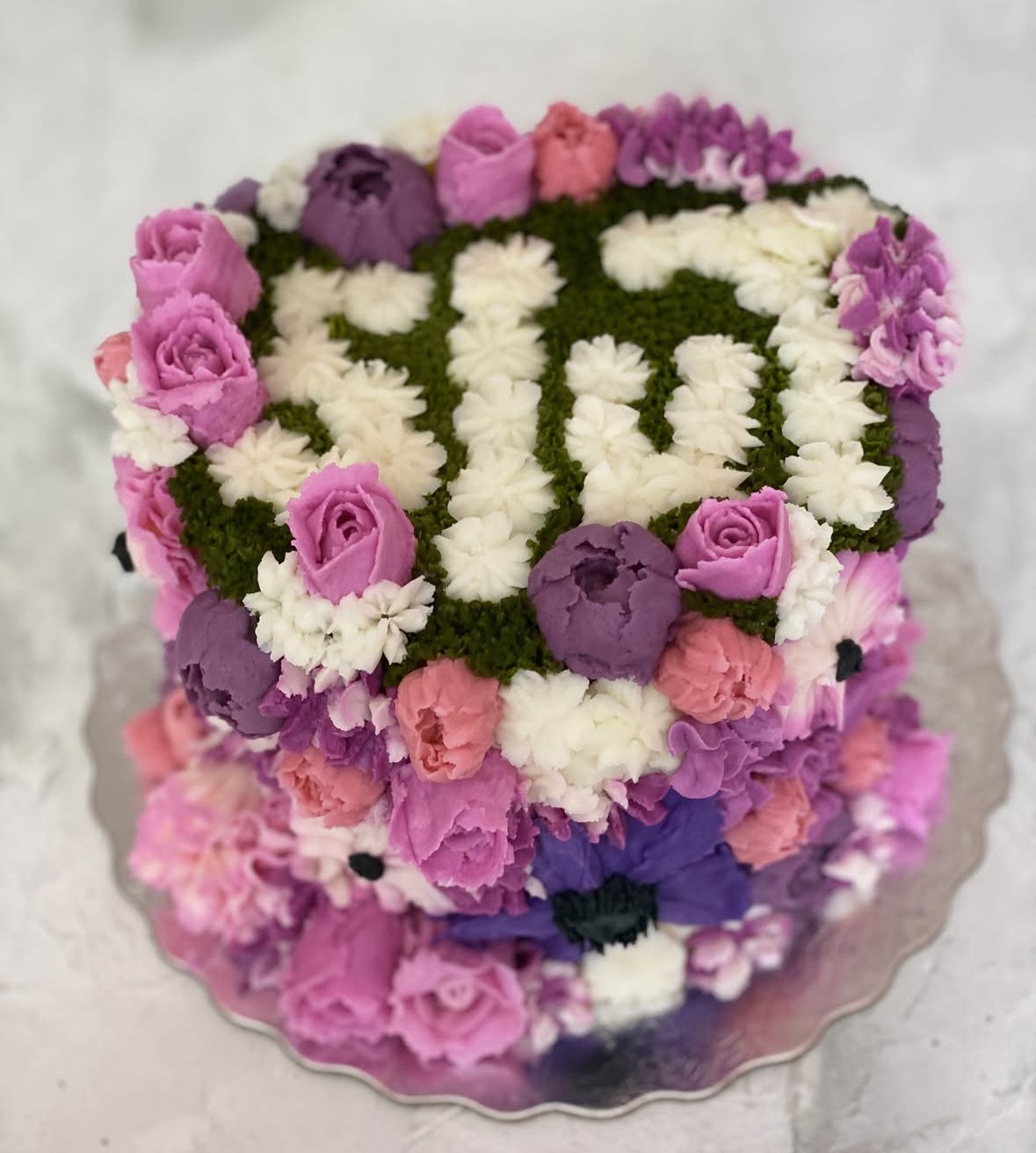
Excerpts from my new essay in MOTHER TONGUE Issue 8 (“In Sluts We Trust”) went viral a few weeks ago. I haven’t had anything go viral in a while and I always forget the cycle of virality, even on a relatively small cycle. There’s the thrill that something is TAKING OFF. It’s taking off! Taking off is fun, unless it’s from Newark.
You keep checking the numbers, you keep checking the shares, and if you get really lucky you get to see which blue-checked people have shared it. And if that blue-checked person has not thousands, not hundreds of thousands, but instead millions of followers? Baby, that is the juice. But then, of course, the haters quickly come too. Not always and not always all that many, but we’re wired to pay more attention to hate. The love? We see it less, we believe it less. This is who we are or, at least, who I am.
I stopped searching for my name + book or my name + anything a good long while ago. I don’t tend to go looking for validation or compliments on the internet, because it typically ends up in an emotional cul-de-sac called I HATE THIS. But Instagram can be different. I was tagged in the post and just incredibly excited (and surprised) that even just the excerpts from a much longer piece were resonating. Initially the comments were glorious and fun and it felt so good to read through them. It felt satisfying that something I had written and loved was, as we say in the biz, “thumb-stopping.”
But then came the first negative comments and, you know, I shouldn’t have been surprised. First of all, advocating for sluthood is not a neutral stance. I mean, lol. It’s just that I’m out of practice. I usually find it pretty embarrassing to watch writers negatively engage with commenters or publicly push back on reviews of their books, for example. I tend to feel that these are no-win situations that diminish the writer in the process. I also believe that what others think of me or my work is none of my business. But, of course, that’s a relentlessly high bar for both willpower and mental maturity. Because some days (most days) I am a petty bitch who’s ready to rumble. Sometimes these realities collide.
I couldn’t help myself.
In my defense, I was in NYC and on an emotional, social, and professional high from being at the MOTHER TONGUE launch party the night before. And sometimes I just feel plain exhausted by people ruining other people’s highs, especially when those other people are me. I don’t know how celebrities do it. I don’t know how big famous authors do it. I don’t know how any of us get through the build up and cutdown cycles of the world. If I was famous and had loads of money I would disappear from public life. You would simply never hear from me again. You would not need to tell me twice. Bye.
Long story short: I engaged a bit, then disengaged, then did some deleting. None of it was a big deal. Some of it was pretty amusing. Then I decided I needed to grow up. But it all led me to wonder how challenging it’s been for women to neutralize or reclaim the word slut, in the same way (for example) that the word queer was reclaimed by the population it was meant to disparage.
What is a slut?
If I were to parse it off the cuff, maybe I’d create something like the framework below. Start with a gender, add one aspect of the assumed behavior, then render a judgment.
Keep reading with a 7-day free trial
Subscribe to HONEY STAY SUPER to keep reading this post and get 7 days of free access to the full post archives.




